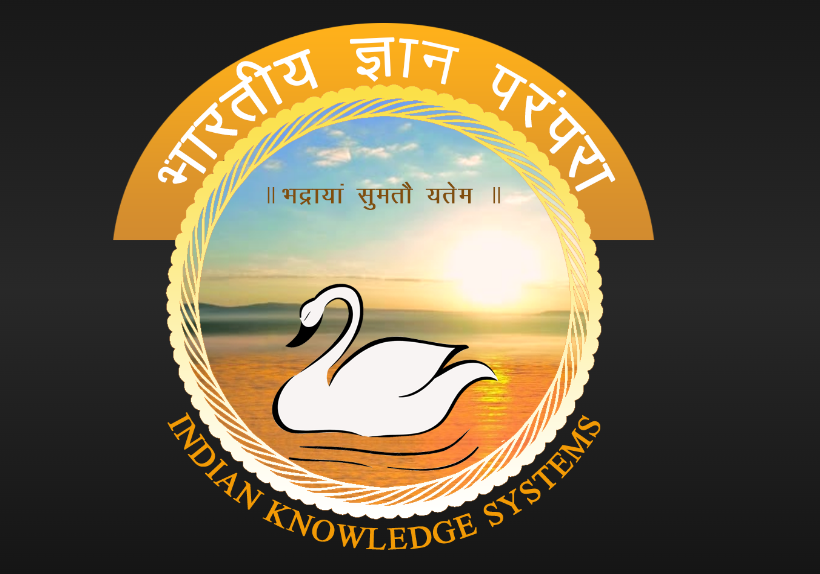"Indigenous Knowledge Systems in Education: Enriching Learning through Cultural Wisdom''
Understanding IKS (Indian Knowledge System).


Within the framework of the New Education Policy (NEP), the integration of Indigenous Knowledge Systems (IKS) represents a crucial step towards fostering a more inclusive and culturally sensitive educational landscape. IKS refers to the deep-rooted knowledge, practices, and wisdom that have been nurtured and passed down through generations within indigenous communities. By recognizing and incorporating IKS into education, the NEP seeks to enrich learning experiences, promote cultural understanding, and empower indigenous students.
Preserving Cultural Heritage:
One of the primary objectives of integrating IKS in education is to preserve and revitalize the cultural heritage of indigenous communities. The NEP recognizes the invaluable contributions of indigenous knowledge in areas such as traditional medicine, agriculture, sustainable living, and artisanal skills. By incorporating IKS into the curriculum, students gain a deeper appreciation for their cultural heritage and develop a sense of pride in their identity, thus ensuring the preservation of indigenous traditions for future generations.
Holistic and Contextual Learning:
Integrating IKS into education promotes a more holistic and contextualized learning experience. Traditional knowledge systems often encompass a comprehensive understanding of the environment, community dynamics, and social relationships. By incorporating IKS into the curriculum, students are exposed to a broader range of perspectives, fostering critical thinking, empathy, and a deeper understanding of the interconnectedness between humans and nature. This approach nurtures well-rounded individuals who are equipped to address complex real-world challenges.
Cultivating Cultural Sensitivity:
The inclusion of IKS in education fosters cultural sensitivity and respect for diverse knowledge systems. It encourages students to recognize the value and contributions of different cultures and communities. By engaging with IKS, students gain insights into the unique worldviews, values, and practices of indigenous communities, promoting empathy and intercultural dialogue. This fosters a sense of unity and mutual respect among students from diverse backgrounds.
Collaboration and Community Involvement:
The integration of IKS necessitates collaboration and partnerships between educational institutions and indigenous communities. By involving indigenous elders, experts, and community members in the educational process, students gain direct access to the wealth of indigenous knowledge. Such collaborations facilitate the validation and authentic representation of IKS within the curriculum and ensure that indigenous voices are heard and respected. It also strengthens the connection between education and community, creating a reciprocal learning environment that benefits both students and indigenous communities.
Challenges and the Way Forward:
While the inclusion of IKS in education is a significant step towards a more inclusive and culturally sensitive approach, it also presents challenges. Identifying and validating indigenous knowledge, training teachers to integrate IKS effectively, and addressing potential biases and misconceptions require careful planning and ongoing support. Continuous dialogue, capacity building, and the development of culturally appropriate pedagogical approaches are essential for successful implementation.
Integrating Indigenous Knowledge Systems within the educational framework is a vital aspect of the New Education Policy's commitment to fostering inclusivity, cultural sensitivity, and holistic learning. By incorporating IKS into the curriculum, education becomes a vehicle for preserving cultural heritage, promoting contextual understanding, and cultivating respect for diverse knowledge systems. By embracing and celebrating indigenous wisdom, education can truly become a transformative force that empowers students, enriches communities, and paves the way for a more harmonious and culturally diverse society.